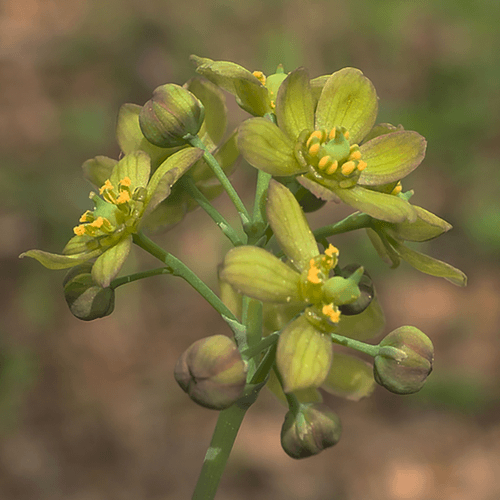
Background
Blue cohosh is used for stimulating the uterus and starting labor; starting menstruation; stopping muscle spasms; as a laxative; and for treating colic, sore throat, cramps, hiccups, epilepsy, hysterics, inflammation of the uterus, infection of the female organs (pelvic inflammatory disease), over-growth of uterine tissue (endometriosis), and joint conditions.
In foods, the roasted seeds of blue cohosh are used as a coffee substitute.
Safety Safety definitions
Special Precautions & Warnings:
Pregnancy and breast-feeding: It is LIKELY UNSAFE to take blue cohosh by mouth during pregnancy. Some of the chemicals in blue cohosh can cause birth defects. When taken by the mother late in pregnancy, blue cohosh can cause severe heart problems in the newborn baby. It can also be toxic to the mother.Many midwives still use blue cohosh to make childbirth easier, because blue cohosh causes the uterus to contract. But this is a dangerous practice, and it should be avoided.
Heart conditions: There is concern that blue cohosh might worsen some heart conditions. These conditions include chest pain (angina) and high blood pressure. Blue cohosh might cause blood vessels in the heart to become smaller and decrease oxygen flow to the heart. It might also increase blood pressure and cause rapid heartbeat. Don't use blue cohosh if you have a heart condition.
Diabetes: There is some concern that blue cohosh might make diabetes worse. It can raise blood sugar levels in some people who have diabetes.
Diarrhea: Blue cohosh might make diarrhea symptoms worse.
Hormone-sensitive conditions such as breast cancer, uterine cancer, ovarian cancer, endometriosis, or uterine fibroids: Blue cohosh might act like estrogen. If you have any condition that might be made worse by exposure to estrogen, don't use blue cohosh.
Effectiveness
- Constipation.
- Hiccups.
- Seizures.
- Sore throat.
- Starting labor and menstruation.
- Stomach cramps.
- Other conditions.
Dosing & administration
Interactions with pharmaceuticals
Medications for diabetes (Antidiabetes drugs)
Interaction Rating=Moderate Be cautious with this combination.
Blue cohosh might increase blood sugar. Diabetes medications are used to lower blood sugar. By increasing blood sugar, blue cohosh might decrease the effectiveness of diabetes medications. Monitor your blood sugar closely. The dose of your diabetes medication might need to be changed.
Some medications used for diabetes include glimepiride (Amaryl), glyburide (DiaBeta, Glynase PresTab, Micronase), insulin, pioglitazone (Actos), rosiglitazone (Avandia), chlorpropamide (Diabinese), glipizide (Glucotrol), tolbutamide (Orinase), and others.
Medications for high blood pressure (Antihypertensive drugs)
Interaction Rating=Moderate Be cautious with this combination.
Blue cohosh seems to increase blood pressure. By increasing blood pressure blue cohosh might decrease the effectiveness of medications for high blood pressure.
Some medications for high blood pressure include captopril (Capoten), enalapril (Vasotec), losartan (Cozaar), valsartan (Diovan), diltiazem (Cardizem), amlodipine (Norvasc), hydrochlorothiazide (HydroDiuril), furosemide (Lasix), and many others.
Nicotine
Interaction Rating=Moderate Be cautious with this combination.
Blue cohosh contains chemicals that work similarly to nicotine. Taking blue cohosh with nicotine might increase the effects and side effects of nicotine.
Interactions with herbs & supplements
Interactions with foods
Action
Products
View all products- Caulophyllum thalictroides
- Magnesium phosphoricum (Mag phos)
- Citrullus colocynthis
- Lac caninum
- Secale cornutum
- Folliculinum
- Methysergide
- Chamomilla
- Cimicifuga racemosa
- Viburnum opulus
- Sepia
- Conjugated oestrogen





